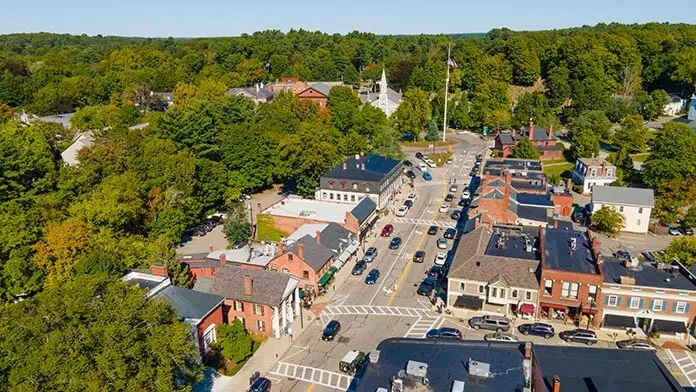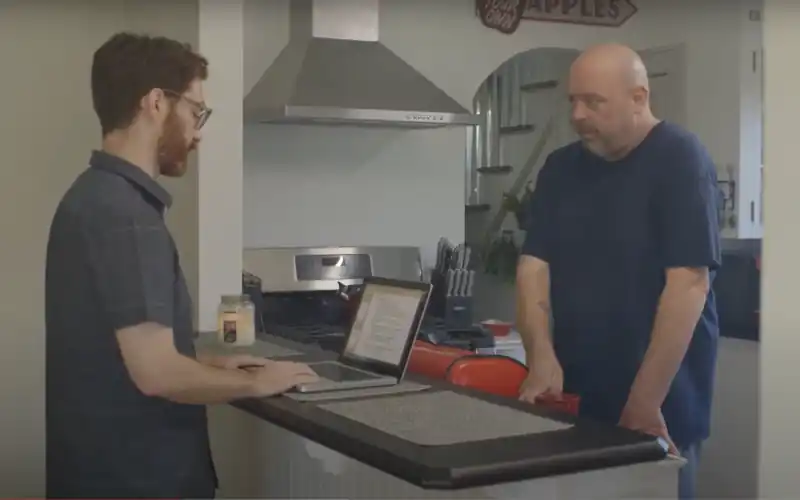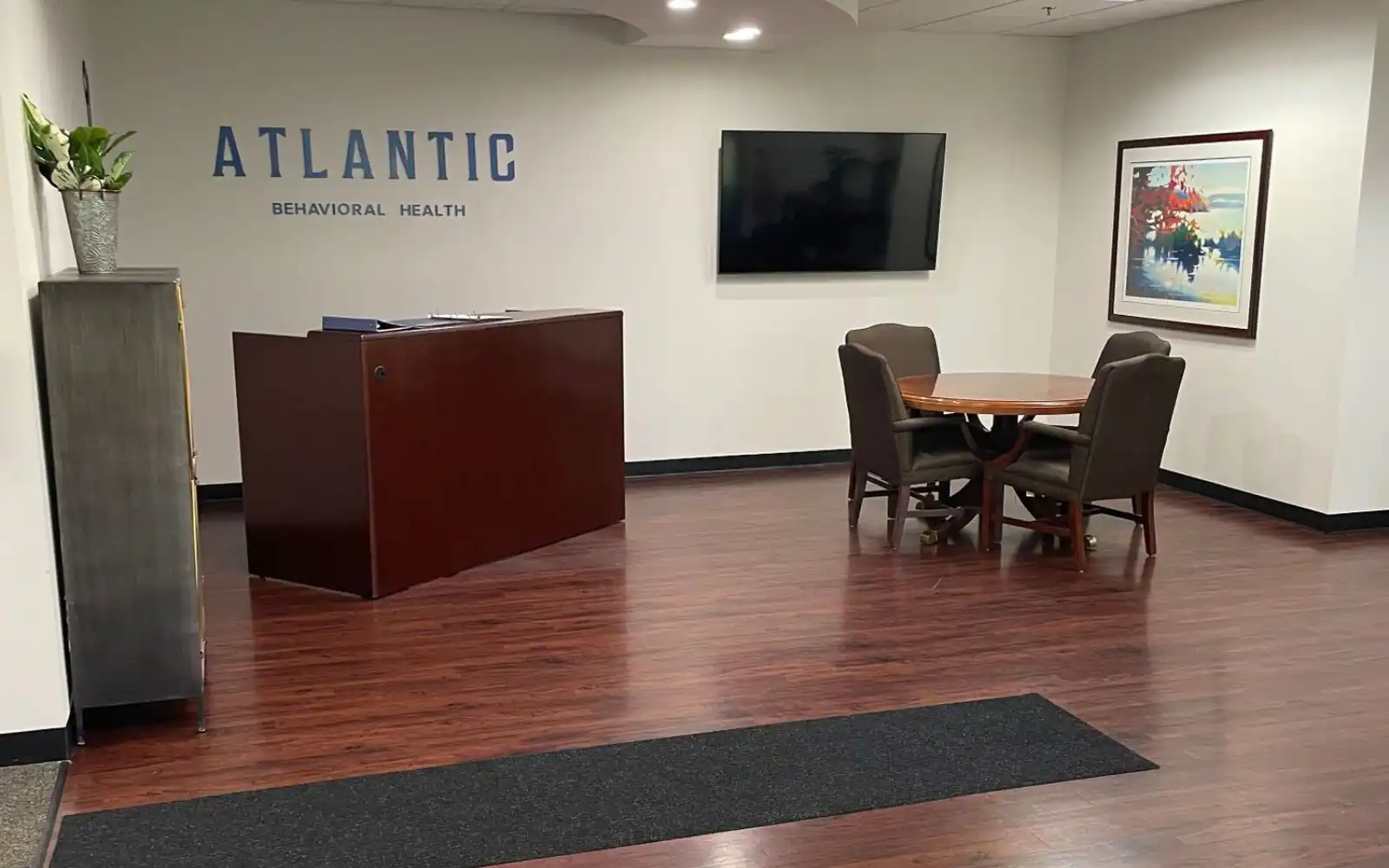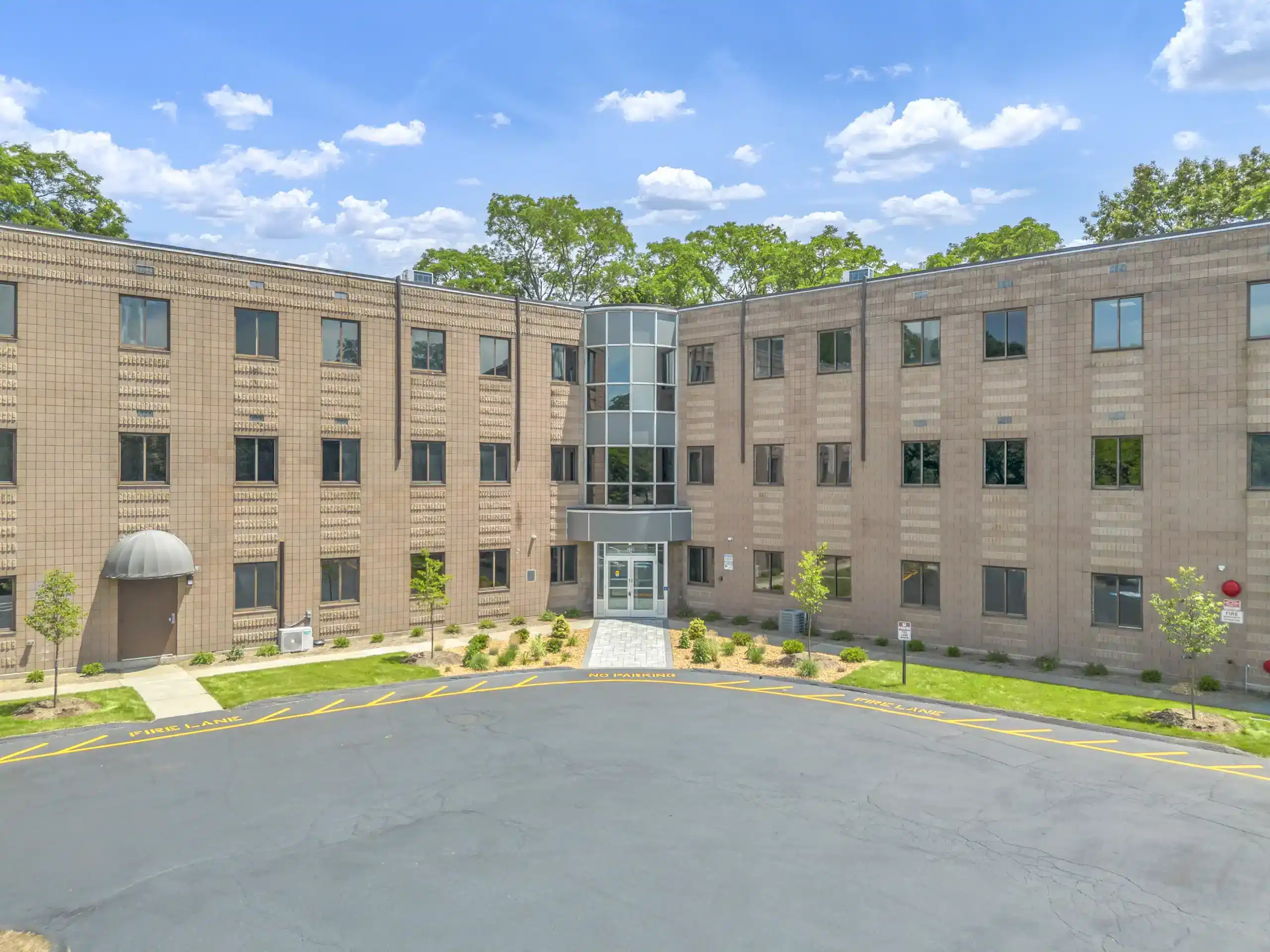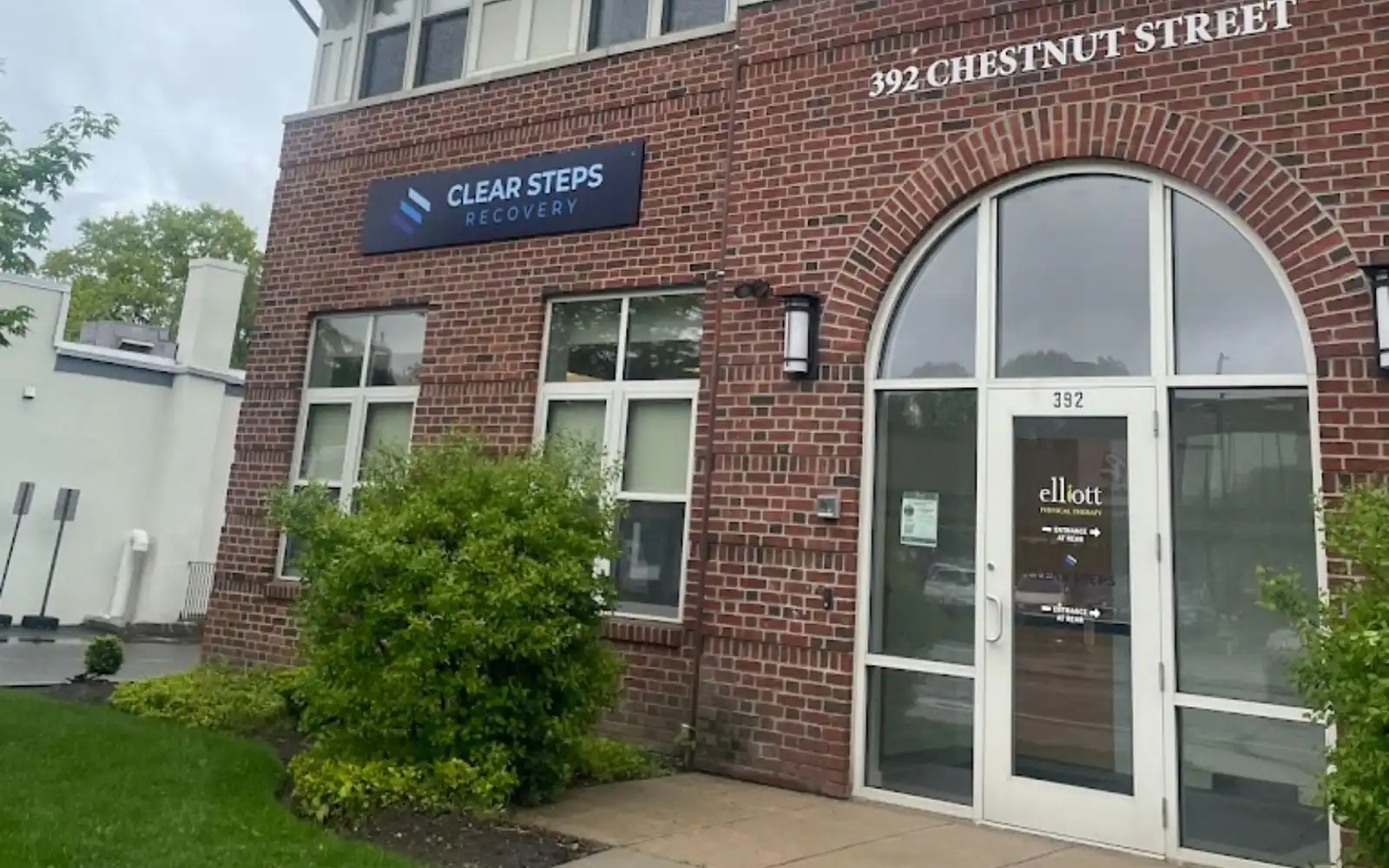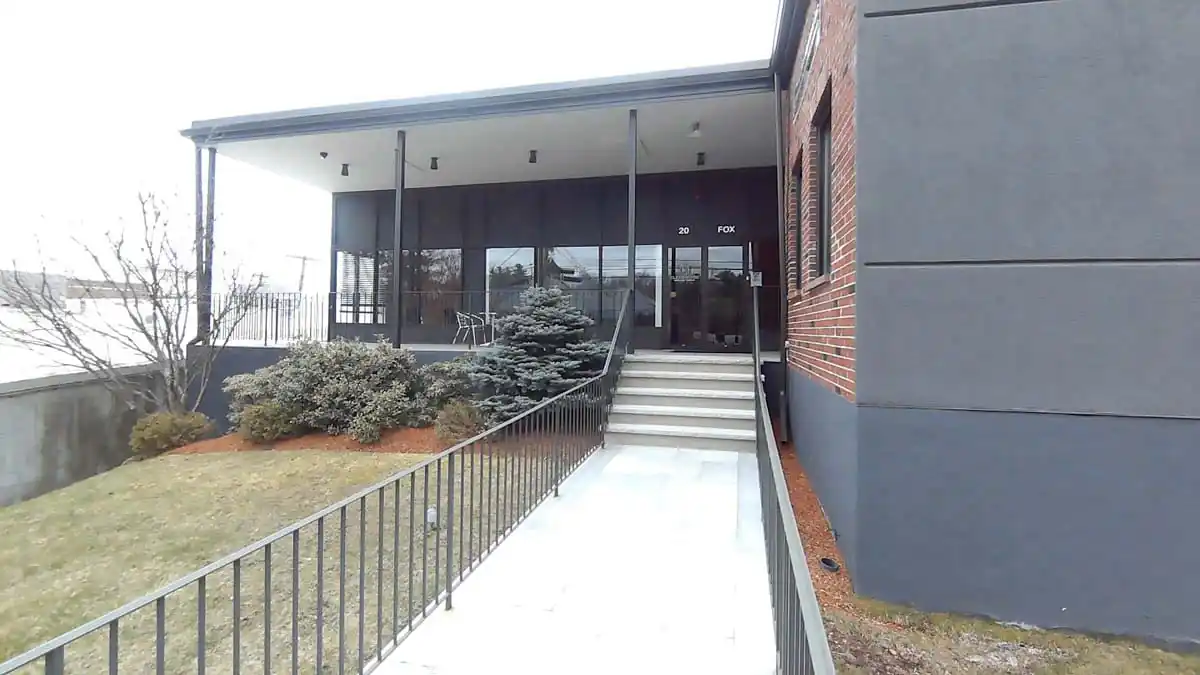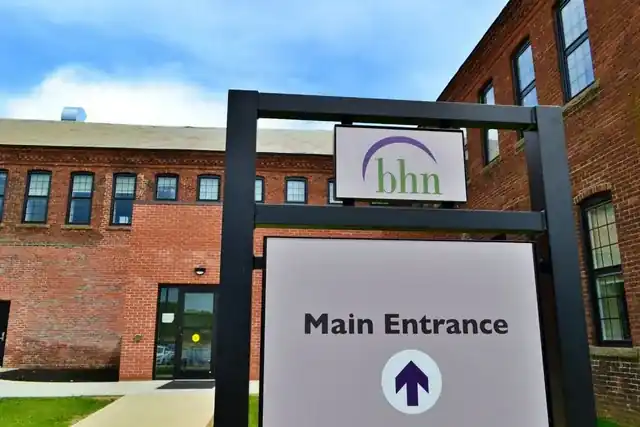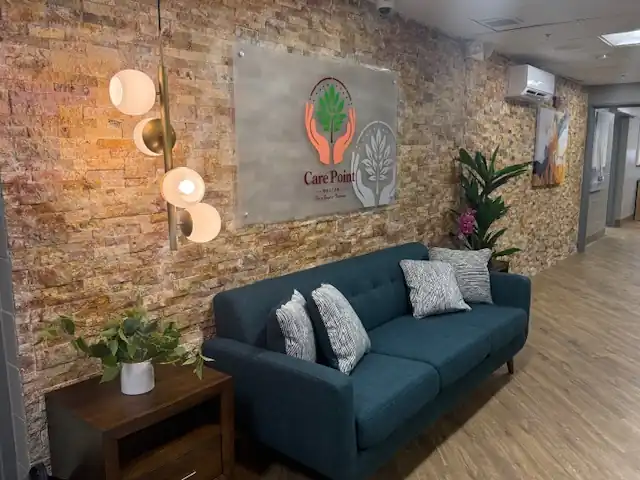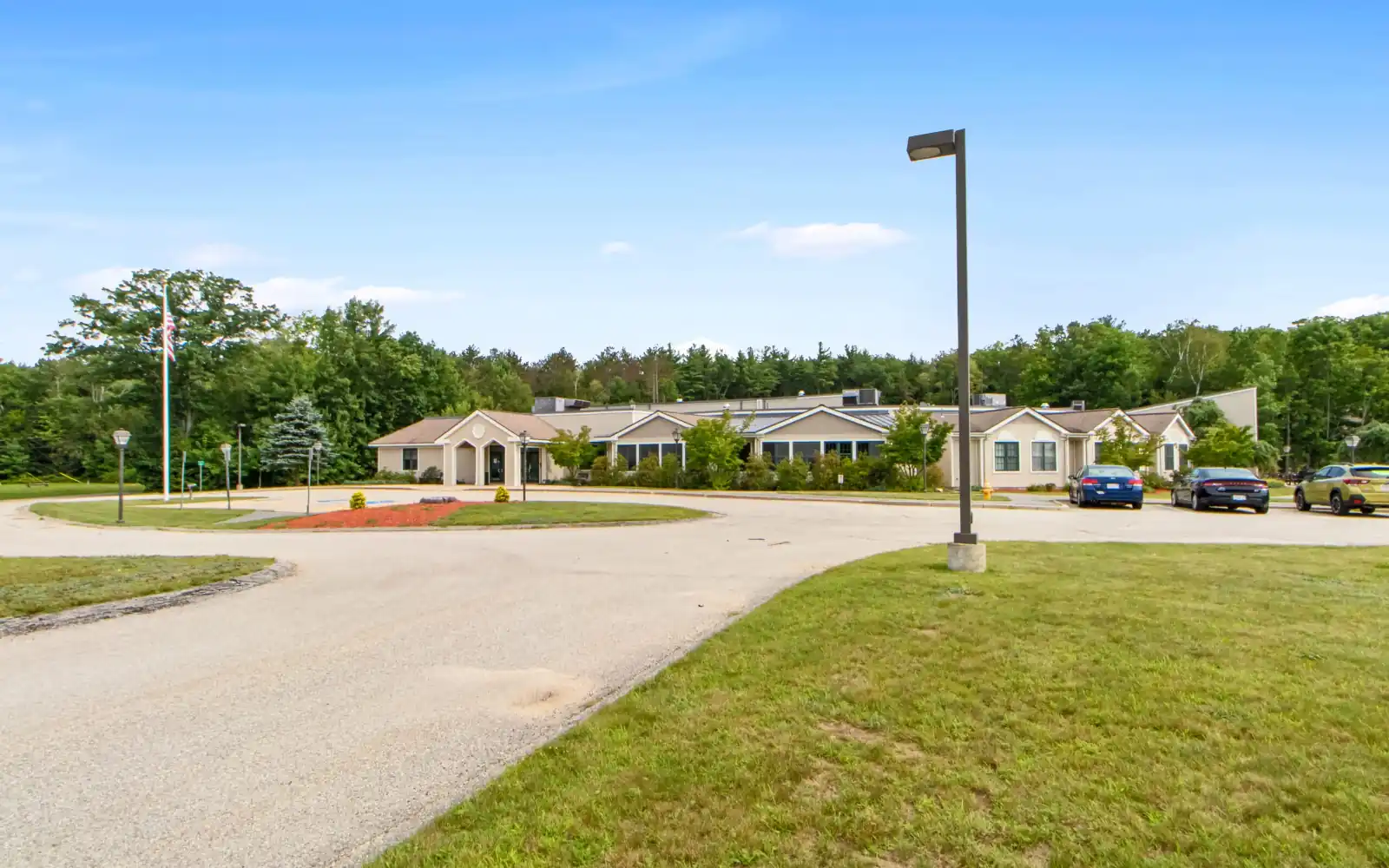Addiction Treatment & Recovery Centers in Massachusetts
Finding the right rehab center in Massachusetts is crucial for a successful recovery journey. With 673 addiction treatment facilities across the state, selecting a program that meets your specific needs can be challenging. Our carefully researched guide highlights the best Massachusetts drug rehab centers, evaluating each for patient reviews, clinical credentials, transparency, and overall reputation.
Whether you need inpatient treatment, outpatient programs, detox services, or specialized therapy, you can filter centers based on services offered, insurance acceptance, and treatment focus. These top-rated rehabs provide comprehensive care for substance use disorders, including alcohol, opioids, prescription medications, and co-occurring mental health conditions.
